Interviewers/Authors: Kokona Miyakawa, Kishin Tada
The Kyoto Para Can Executive Committee was founded in September 2015 with the aim of creating a barrier-free environment in both a physical and mental sense through watching, hearing, and experiencing Paralympic sports like wheelchair basketball. We interviewed Ms. Yasuko Sakane, a representative of the organization, about the activities, the appeal of this organization, and its connection with Ukyo Ward.
―Please tell us how you came to be a member of this organization.
Sakane: I’m from Kobe City, Hyogo Prefecture. When I was in my 20s, people with disabilities were still disadvantaged in finding employment so I went to a vocational training school in Kobe. However, I wanted to work in a workplace with a dormitory, so I had someone help me look for a place that provided such an environment and we found “Kyoto Taiyo no Ie,” which provides employment support to people with disabilities, and I moved to Kyoto when I graduated from the training school.
―Please tell us the reason and purpose to establish this organization.
Sakane: When the organization was founded, it wasn’t common for people with disabilities to play sports and their stories tended to be poorly received. The organization was therefore established to let children and society know more about disabilities through the filter of Paralympic sports. At the same time, we also aimed to create an environment where everyone can live comfortably without barriers.
―Please tell us specifically about the activities you carried out in Ukyo Ward.
Sakane: We would have liked to hold a community-based event at the Ukyo Regional Gymnasium in the Ukyo Ward Office, but we couldn’t because it was difficult to hold wheelchair-accessible event. However, with the support of the Ukyo Ward Office, we were finally able to hold a hands-on wheelchair basketball event at Hannaryz Arena (Kyoto City Gymnasium) as a first step. As the next step, I had the opportunity to get acquainted with a professor at Kyoto Koka Women’s University, so we held a similar event at the gymnasium for the local community and children.
We also give many lectures at schools. We have children experience wheelchair basketball and think about being “barrier-free” in the city as well as having “fun” feelings. By allowing them to think about what “barrier-free” means in the first step, we ultimately lead them to think about making their minds barrier-free. I feel that the environment has changed from the days when anything done by people with disabilities was considered volunteer work, when the barriers were so huge that it was difficult to do anything, to now, an environment in which it is very easy to do many things. I think it is important to continue to tell people that their lives can be changed through sports, or that they can feel something from the events and lectures that our organization conducts.
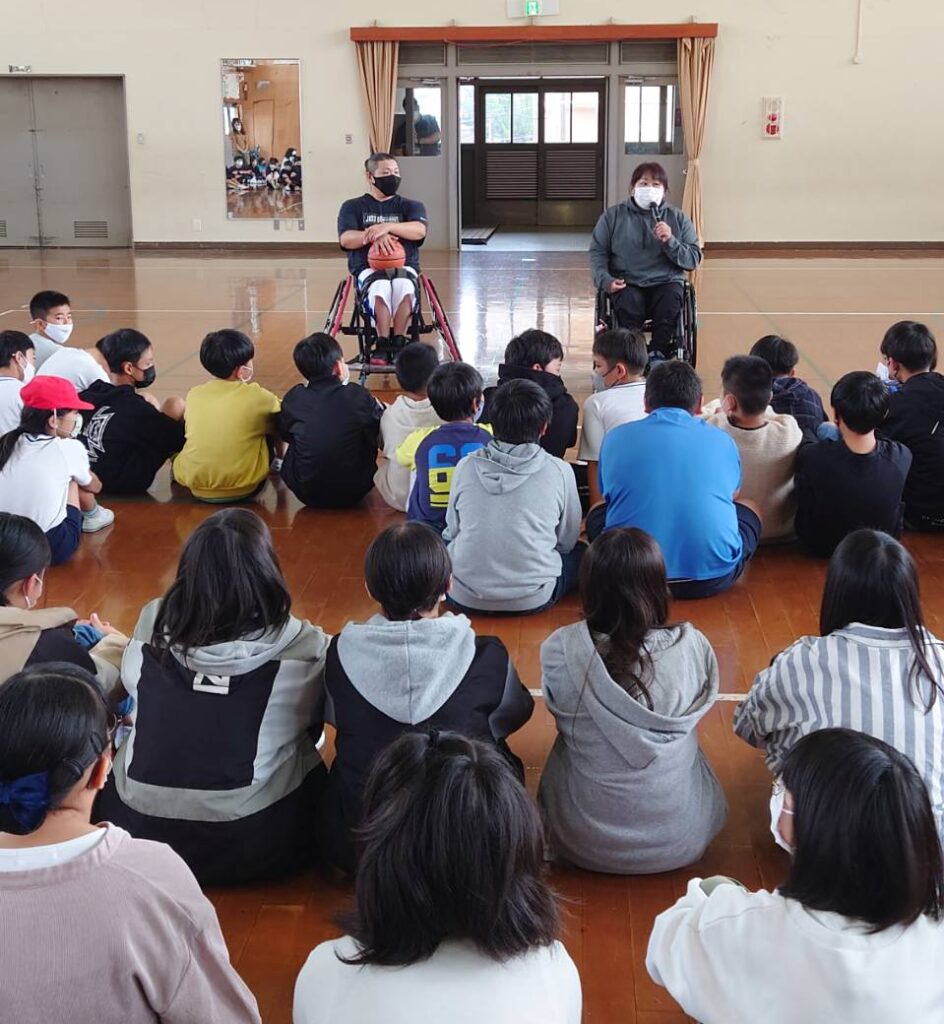
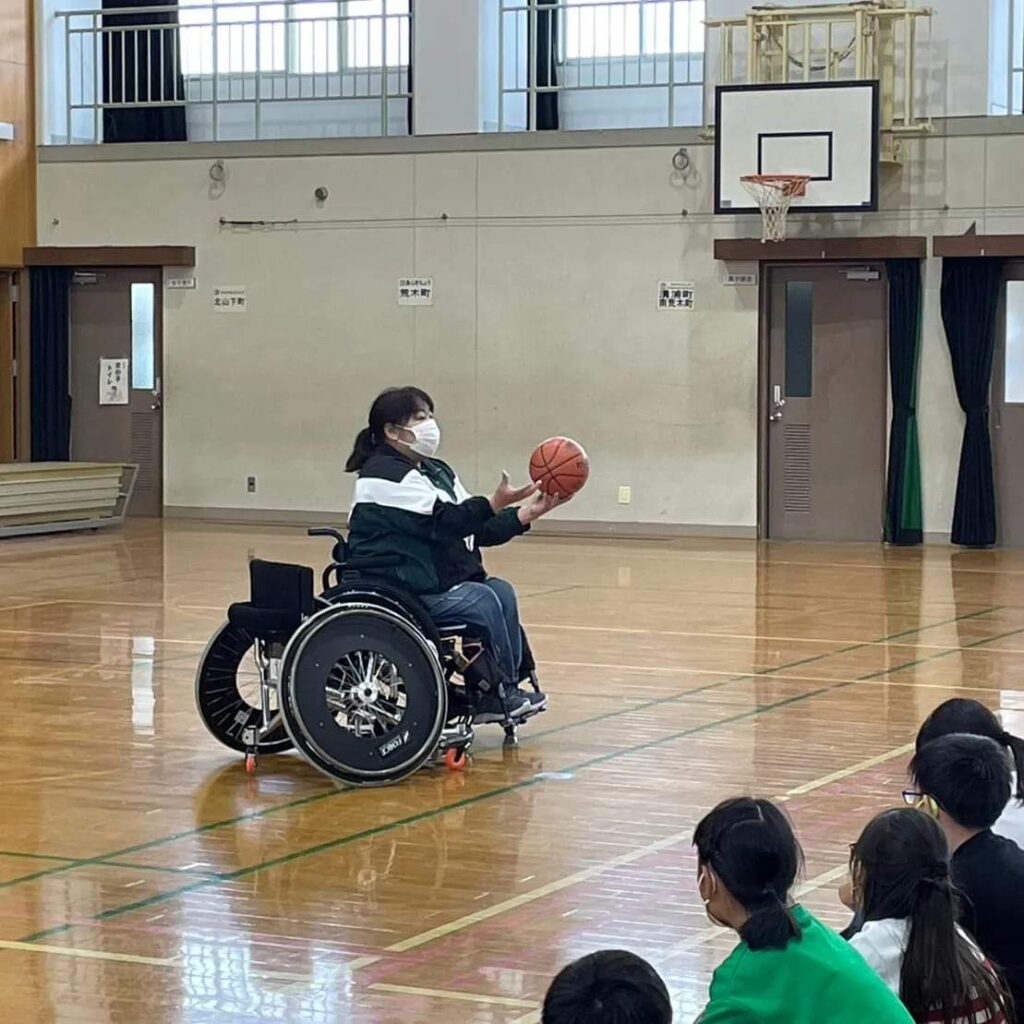
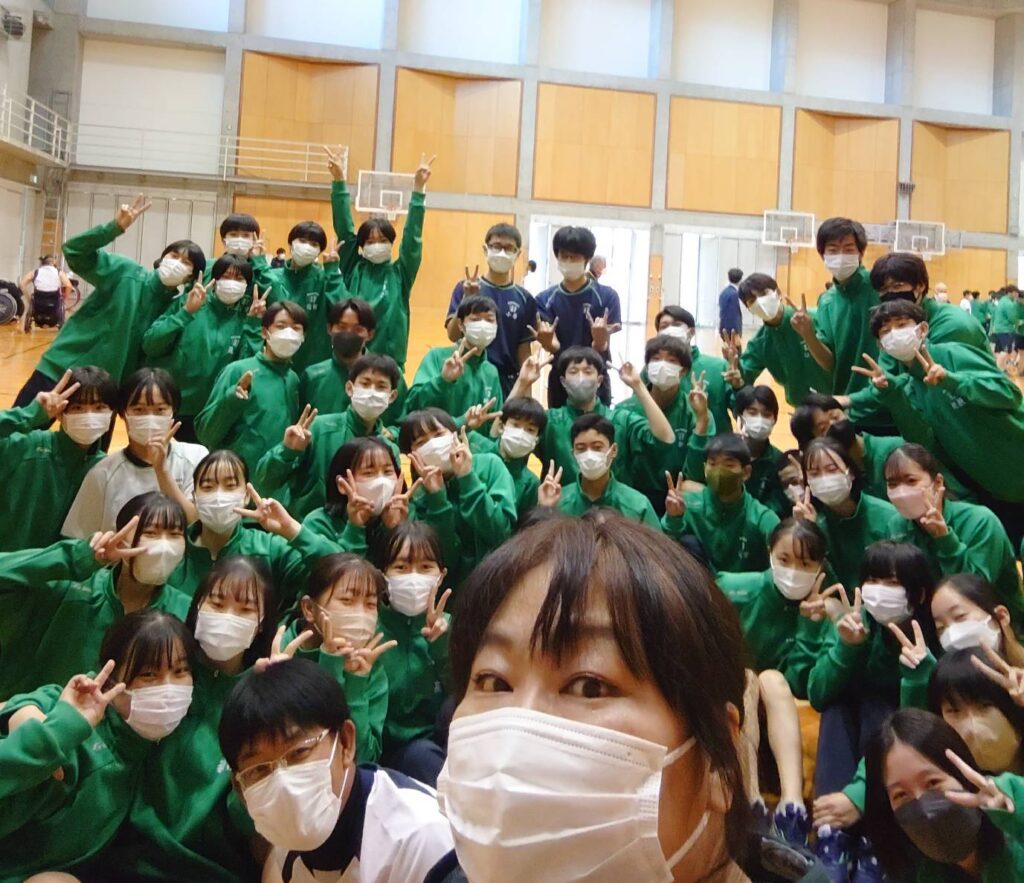
―Are there any difficulties or anything you find rewarding in your activities?
Sakane: Although I am not a volunteer and get paid to do this work, I find it more rewarding than difficult. At first children are wary of me because my appearance is different from theirs. However, they gradually accept me and eventually become my friends through the activities. By accepting me as a friend, they begin to think about what situations people in wheelchairs have trouble with and how they can help. I find it rewarding to see children’s eyes totally change and ask me questions by the end of the lecture.
―What kind of place do you think Ukyo Ward is?
Sakane: I think it is a place that children will want to return to when they become parents. Although it is not my hometown, I know many people come back to Ukyo Ward to raise their children, and I think it’s a comfortable and safe place to live.
―What kind of place do you want Ukyo Ward to be in the future?
Sakane: I live in Sagano, and I feel that there are parts that I would like to see improved while preserving the good old parts. When I was raising my kids, I felt that there are still dangerous areas such as narrow sidewalks and roads with only lines drawn on them. Not only for us, people in wheelchairs, it’s the same for mothers pushing strollers, which often jut out from the sidewalk. Also, when I went overseas to play wheelchair basketball games as a player, there were various supports and policies so I noticed that there are many efforts and innovations to ensure that people who need to can use when they need. For example, there is a system of fines for parking in a disabled parking space without a permit. In Japan, I still sometimes feel a lack of understanding, so I hope that these things will become common.
Interviewer’s Comments
Compared to the situation in the past, things have improved but I realized again that there are still many situations that can be barriers for people with disabilities. I also realized the importance of thinking about what we can do and taking action rather than just looking on when we see someone in need. I heard that the Kyoto Para Can Executive Committee regularly holds events and school lectures for local residents. I would like to participate in such events and rethink how to make a barrier-free city and have a barrier-free mindset.
(Kokona Miyakawa)
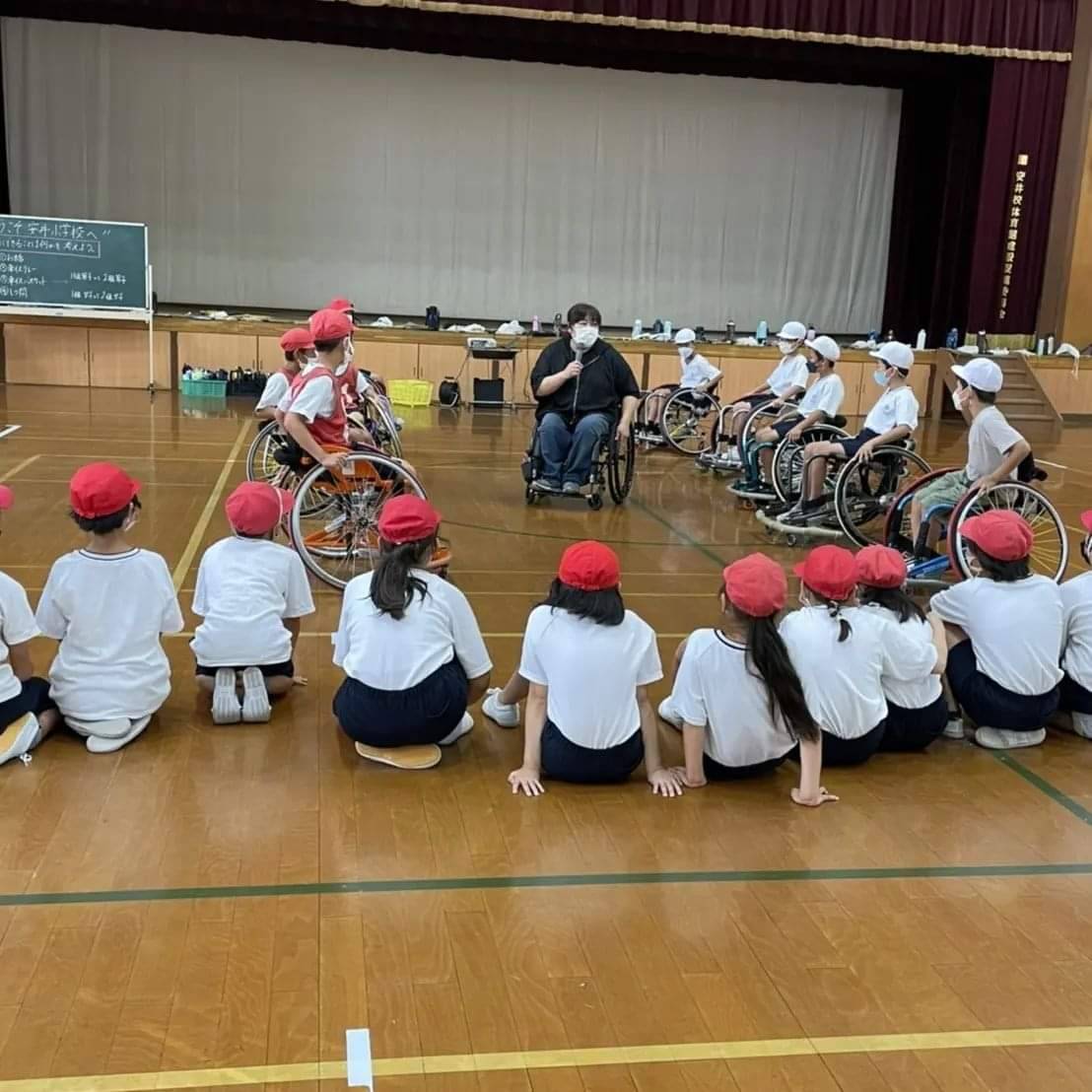
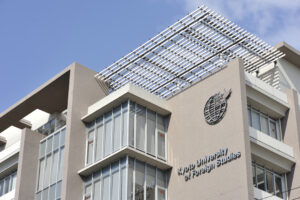
![京都 春爛漫[4820]](http://ukyovoices.pya.jp/wordpress/wp-content/uploads/2023/01/6542e8aea0d7c4029269fb8d5f01f48b-300x200.jpg)
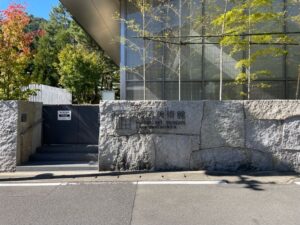
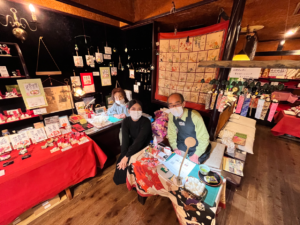
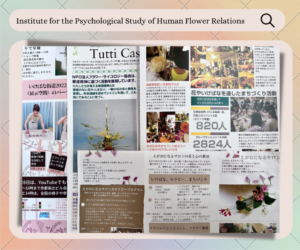
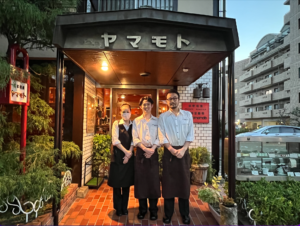
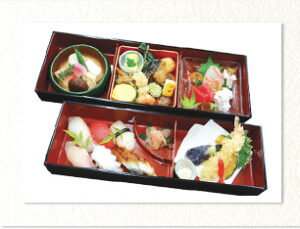
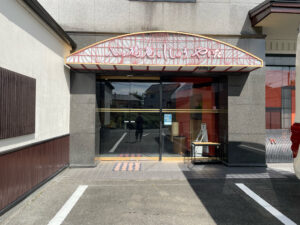
Comments